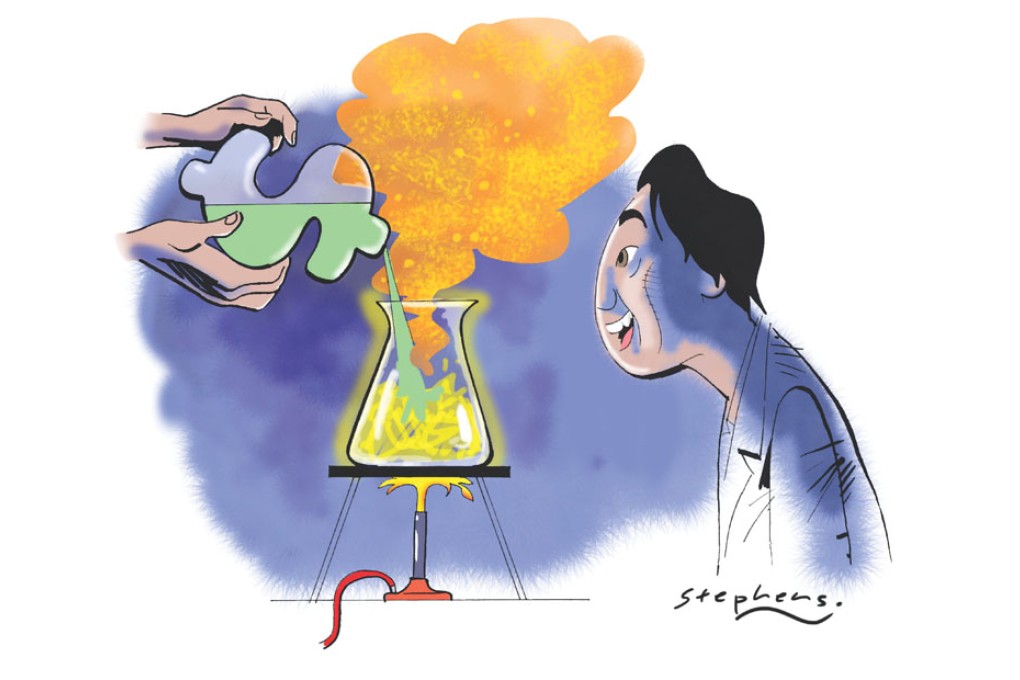How Hong Kong can produce a Nobel laureate in medicine
Henry Chan says that committed funding and recognition for research in medicine can one day produce physician-scientists in Hong Kong who are able to push the frontiers of knowledge

Innovation and technology is one area that the Hong Kong government has embraced, and where our universities excel. Yet no Chinese has ever won the Nobel Prize in Physiology or Medicine. The question is: can we produce locally a future clinician-scientist of such calibre, and how can our system be adjusted to facilitate innovation and technology in the future?
A wise old man in the garment manufacturing business once told me that to control shirt quality, he needed to control the quality of the cotton. So we should first look to our medical training system and see what could be improved.
To help, I'd like to cite two examples of great innovators of our time.
Rox Anderson obtained a degree from MIT and was a physics teacher before being accepted at Stanford to do a PhD. He needed a summer job and worked as a lab technician for a dermatologist at Harvard, and ended up in its medical school.
As a second-year student, he went to a lecture on the use of lasers to treat port-wine stains and saw some photos of rather horrific complications. On the way home, he thought about how to reduce such complications and eventually developed the concept of selective photothermolysis, which limits the amount of laser exposure time to prevent unnecessary heat transfer to the surrounding tissue.
That innovation allowed the development of lasers to treat birthmarks, including port-wine stains, with a low risk of complications. It changed the world of dermatology.